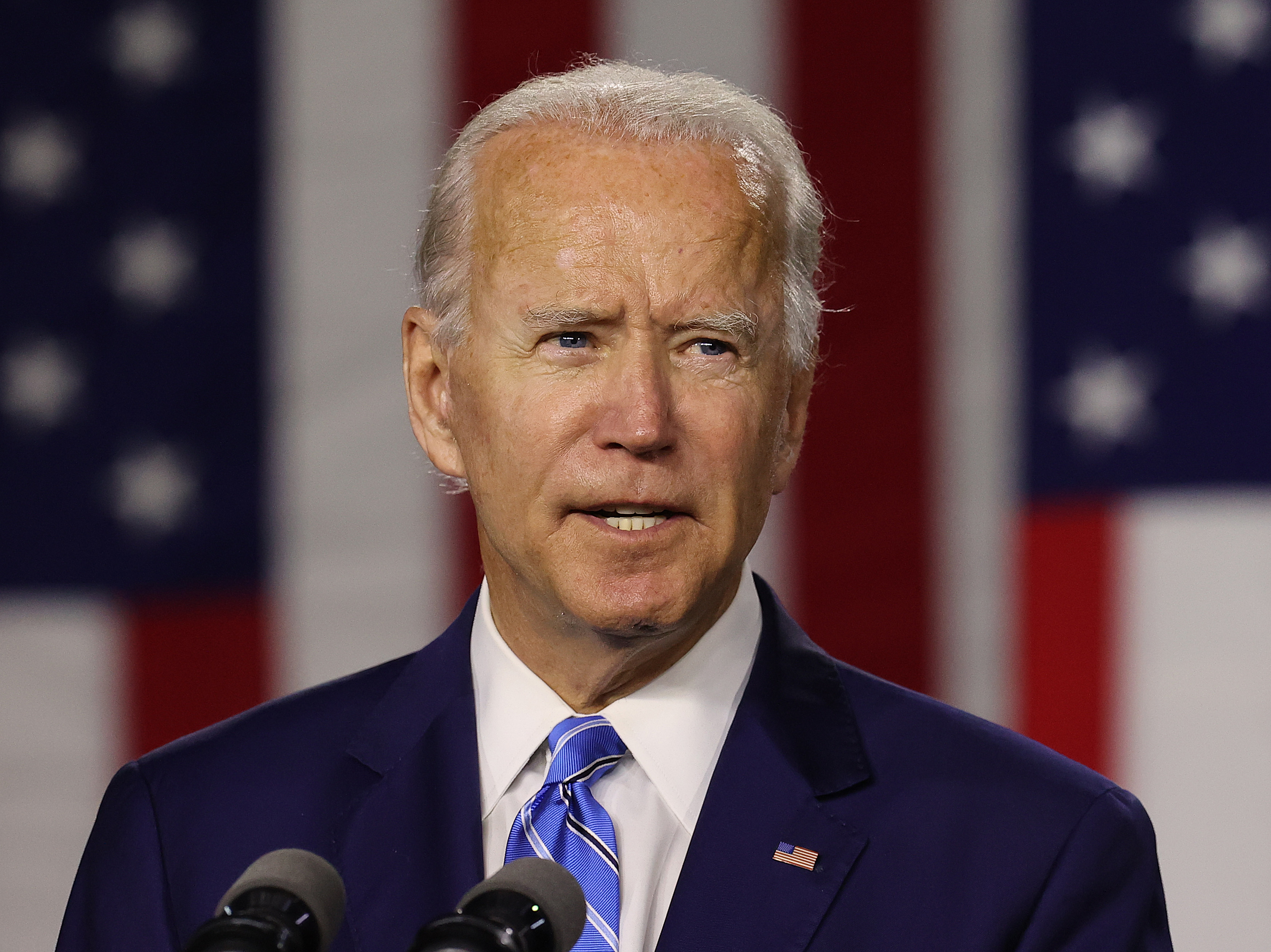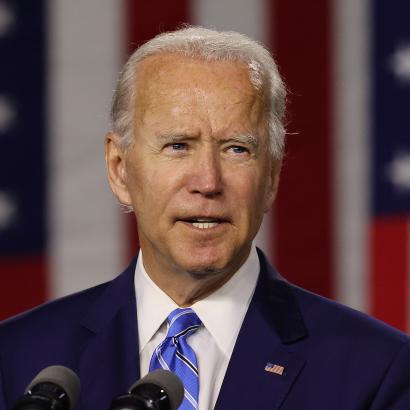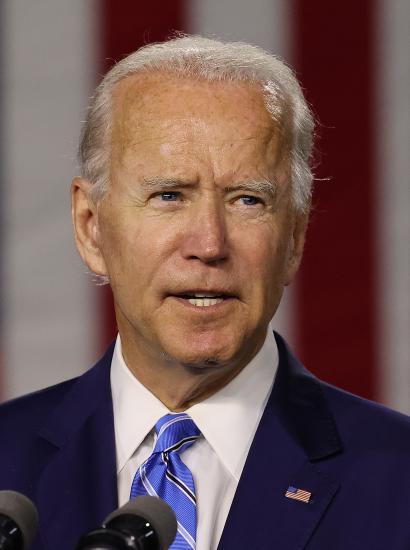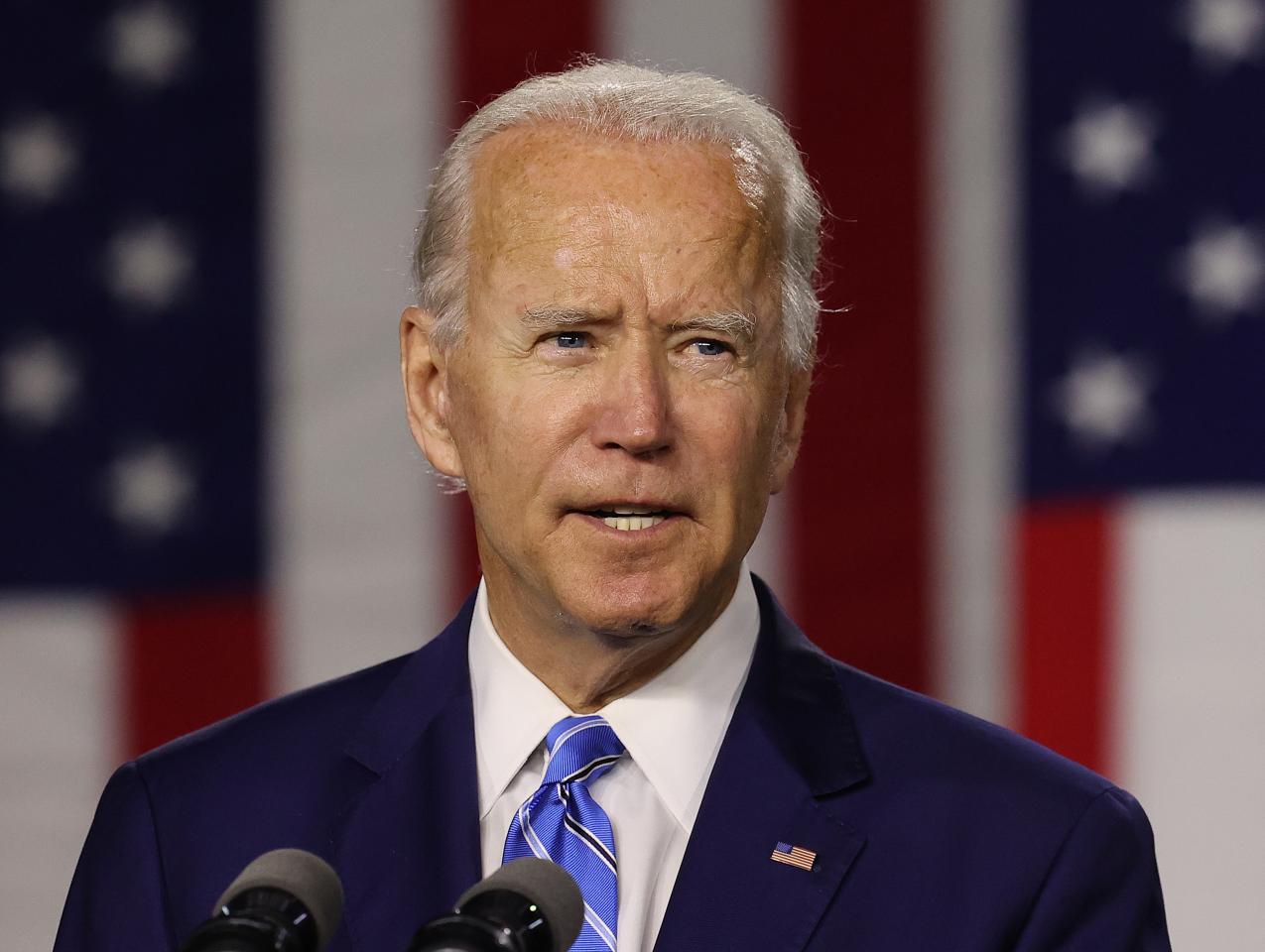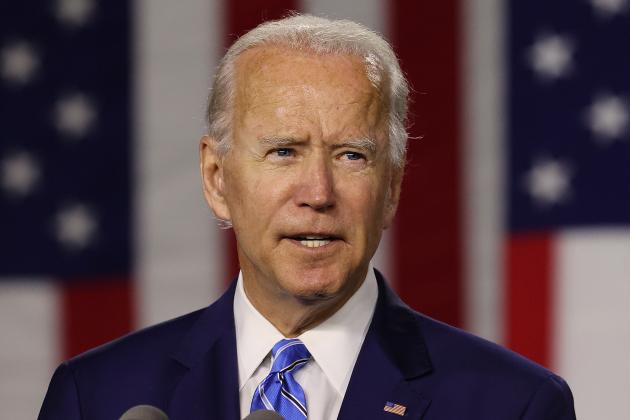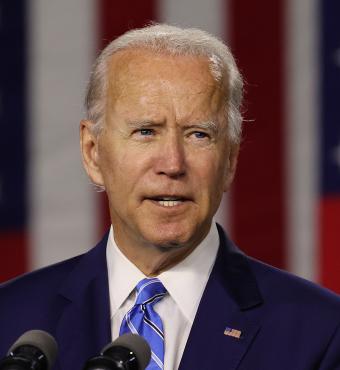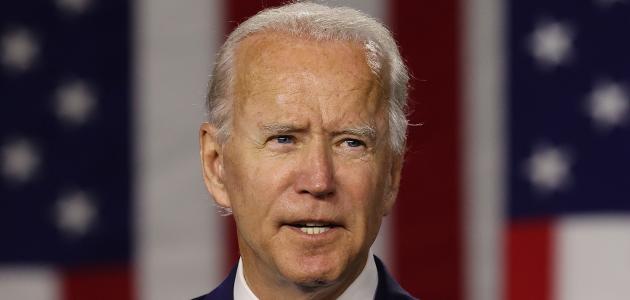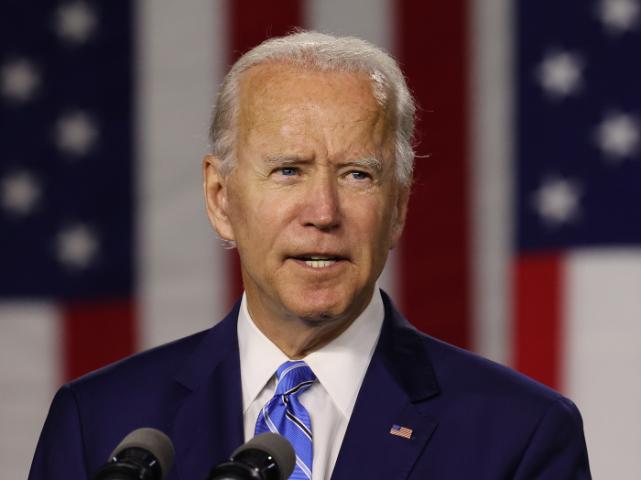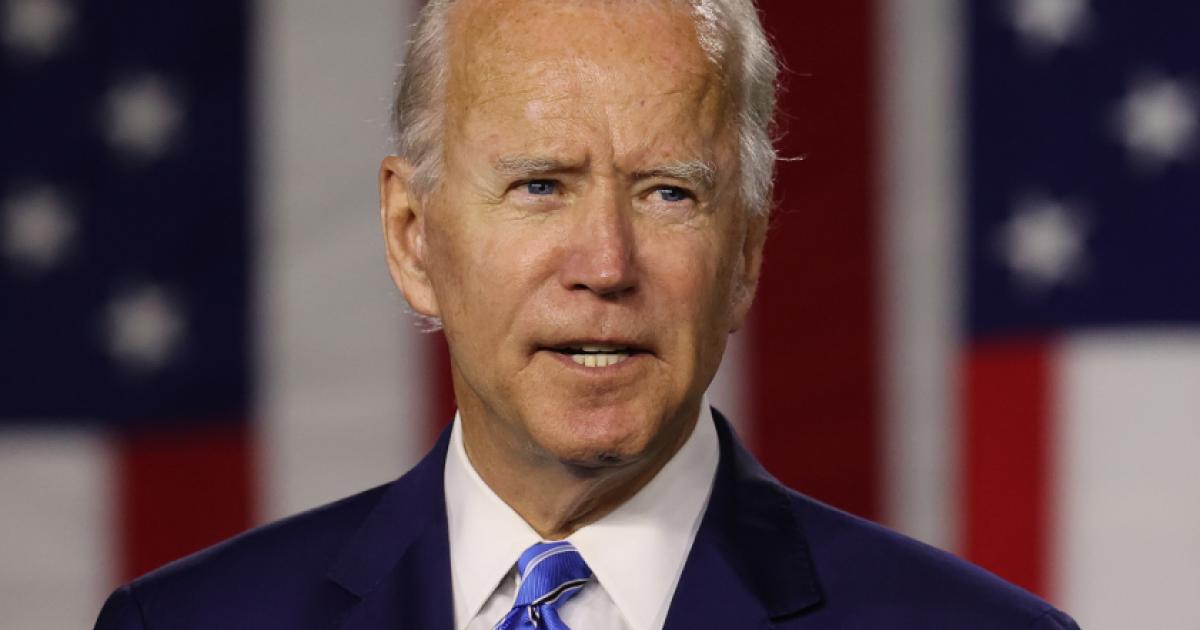The United States needs reliable, capable allies to thwart Chinese Communist Party’s (CCP) determination to achieve global hegemony, starting with the Indo-Pacific. The size, speed, and scope of CCP’s implacable military buildup and its mounting belligerence across the board underscore the urgency of bolstering deterrence in this vital region. The recent intensification of Australian, Japanese, and South Korean rearmament comes therefore as welcome news. Defying relentless Chinese pressure to conform its foreign policy to the PRC’s, Australia signed the AUKUS agreement calling for Australia, the United Kingdom, and the United States to facilitate Australia’s acquiring nuclear submarines. With China prominently in mind, Japanese Prime Minister Fumio Kishida has promised to double Japan’s defense budget. South Korea’s dovish former president Moon Jae-in continued likewise to increase the defense budget substantially, culminating this past September in South Korea’s successful test of a submarine launched ballistic missile.
Although encouraging, these preliminary measures signifying greater vigilance toward China on the part of these allies will take years to consummate. The short-term trends in the military balance remain alarming in the meantime. No anti-hegemonic coalition can succeed in the absence of greater American credibility, capability, and resolve. The feckless manner of President Biden’s Afghanistan pullout has delivered a heavy blow to the Biden administration’s already fragile and declining credibility as a core balancer. As Sadanand Dhume lamented in the Wall Street Journal, the Afghan debacle undermines the progress President Trump facilitated by reviving the Quad, composed of the United States, Japan, India, and Australia—a cornerstone of any effective counter to Chinese ambitions to remake the international system in its image. The Taliban’s triumph will undermine, too, India’s willingness and ability to concentrate on the Chinese threat to revive terrorism on India’s western front.[1] To the dismay of the Biden Administration, India not so coincidentally announced in early December its decision to continue its defense ties with Russia, including the purchase of Russia’s S-400 surface-to-air missile system.[2]
The ignominious U.S. exit from Afghanistan further emboldens China by validating, in Xi Jinping’s eyes, the perception of American weakness and decline, which a series of ill-advised Biden Administration had already crystallized:
Secretary of State Blinken’s troubling performance during his first summit in Anchorage when his Chinese counterpart bullied him about America’s purported sins, reminiscent of President Kennedy’s appearance at the Vienna Summit in April 1961, which encouraged the Soviet Union to initiate the Cuban Missile Crisis;
The Administration’s plans to cut the defense budget, while increasing domestic spending massively, which will compound our huge deficits, raise the barriers to innovation, slow down growth, and constrain the U.S. ability to fund a defense establishment adequate to the formidable task of stopping China from achieving hegemony not just regionally, but globally;
The Administration’s serial dissimulating about the origins of the coronavirus that only a lifetime member of the flat earth society could believe emanated from a wet market instead of a Chinese lab;
The Administration’s obsession with reaching a meretricious climate deal that may seduce the President to delay and defang the long overdue reckoning with China that the Trump administration initiated.
The Afghan pullout appears to have accelerated China’s timetable for provoking a showdown over Taiwan. Ever since, CCP spokesmen have routinely mocked the credibility of any U.S. pledge to defend Taiwan in the event of a military confrontation, while brazenly flying more than 152 military sorties into Taiwanese airspace over a five-day interval in October 2021. Writing in National Review, Seth Cropsey, Senior Fellow and Director, Center for American Seapower at the Hudson Institute, warns that the United States increasingly risks losing a war with China over Taiwan, given the existing military balance and its current trajectory.[3] A series of wargames the Pentagon conducted recently resulted in the “United States” failing miserably in this scenario.[4] China’s belligerence and hostility in reaction to Speaker Pelosi’s trip, including escalating military pressure on Taiwan and unprecedented missile flights over the island, illustrate in high relief the precipitous erosion of credible deterrence in the Indo-Pacific and beyond.
Contrary to the prediction of pessimists such as Graham Allison that the United States must accommodate itself to China becoming number one, American decline is a choice, not an inevitability.[5] Josef Joffe and Matthew Kroening make strong cases that representative democracies such at the United States enjoy significant advantages waging long-term contests with closed societies such as China, accounting for why democracies since the beginning of the 20th century typically prevail.[6] The current Chinese tyranny has an array of daunting structural problems enhancing America’s comparative advantage. Among other things, the CCP will have to defy the laws of political gravity to avoid a fundamental crisis of legitimacy arising from the inherent contradictions between sustaining prosperity and maintaining its vice-grip on political power. Faced, however, with a short-term window of opportunity to capitalize on the Biden administration’s misguided priorities, irresolution, and disarray, this Chinese leadership may throw caution to the wind, confronting Taiwan with a fait accompli sooner rather than later to reverse the long-term structural trends heavily in America’s favor. Hal Brands and Michael Beckley lay out the mounting plausibility of this chilling scenario in their splendid new book, Danger Zone. They wisely envisage China not as a rising power, but a peaking one, primed to use force to take advantage of what Xi Jinping perceives as a closing window of opportunity to reverse the long-term negative trends confounding to this Chinese tyranny’s implacable aspirations to supplant the United States as the world’s preeminent power.[7]
It will take considerably more than the Biden administration’s soaring rhetoric to restore the robustness of American military capability and resolve necessary to deter, or, if need be, defeat China should deterrence fail. Reliable allies and partners such as Australia, Japan, Great Britain, South Korea, and India can supplement, but never substitute for a deficit of American power. Above all, the fate of Taiwan and the prospects for a muscular anti-hegemonic coalition crystallizing depend foremost on whether the Biden administration summons the strategic clarity and political will to act towards China as Reagan rather than Carter did towards the Soviet Union. President Biden will have to repudiate much of his long national security record to do that. Although the United States cannot succeed against China without reliable allies, even the most determined conceivable combination of U.S. allies in the Indo-Pacific cannot succeed without the United States leading the coalition of the willing in word and deed.
[1] Sadanand Dhume, “Biden’s Afghan Blunder Hurts India and Helps China,” Wall Street Journal (September 16, 202l).
[2] Jeremy Page, Rajesh Roy, and Ann M. Simmons, “Russia, India to Reinforce Defense ties as U.S. Considers Sanctions,” Wall Street Journal (December 6. 2021).
[3] Seth Cropsey, “Why We Might Lose a War with China,” National Review (July 15, 2021).
[4] Kyle Mizokami, “The U.S. Military ‘Failed Miserably’ in a Fake Battle Over Taiwan,” Popular Mechanics (August 2, 2021).
[5] Graham Allison, Destined for War: Can America and China Escape Thucydides’s Trap? (Boston: Houghton Mifflin, 2017).
[6] Josef Joffe, The Myth of America’s Decline (New York: Liveright, 2014), 129-63; Matthew Kroenig, The Return of Great Power Rivalry (New York: Oxford University Press, 2020), Chapter 12.
[7] Hal Brands and Michael Beckley, Danger Zone: The Coming Conflict with China (New York: Norton, 2022).







